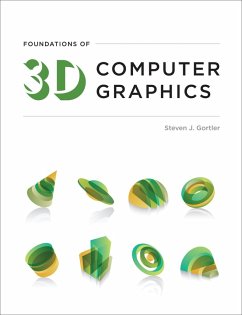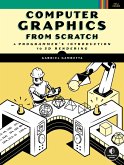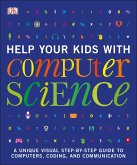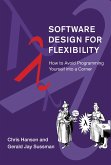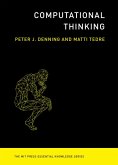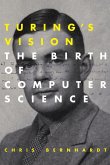Computer graphics technology is an amazing success story. Today, all of our PCs are capable of producing high-quality computer-generated images, mostly in the form of video games and virtual-life environments; every summer blockbuster movie includes jaw-dropping computer generated special effects. This book explains the fundamental concepts of 3D computer graphics. It introduces the basic algorithmic technology needed to produce 3D computer graphics, and covers such topics as understanding and manipulating 3D geometric transformations, camera transformations, the image-rendering process, and materials and texture mapping. It also touches on advanced topics including color representations, light simulation, dealing with geometric representations, and producing animated computer graphics.
The book takes special care to develop an original exposition that is accessible and concise but also offers a clear explanation of the more difficult and subtle mathematical issues. The topics are organized around a modern shader-based version of OpenGL, a widely used computer graphics application programming interface that provides a real-time rasterization-based rendering environment. Each chapter concludes with exercises. The book is suitable for a rigorous one-semester introductory course in computer graphics for upper-level undergraduates or as a professional reference. Readers should be moderately competent programmers and have had some experience with linear algebra. After mastering the material presented, they will be on the path to expertise in an exciting and challenging field.
Dieser Download kann aus rechtlichen Gründen nur mit Rechnungsadresse in A, B, BG, CY, CZ, D, DK, EW, E, FIN, F, GR, HR, H, IRL, I, LT, L, LR, M, NL, PL, P, R, S, SLO, SK ausgeliefert werden.
Hinweis: Dieser Artikel kann nur an eine deutsche Lieferadresse ausgeliefert werden.

